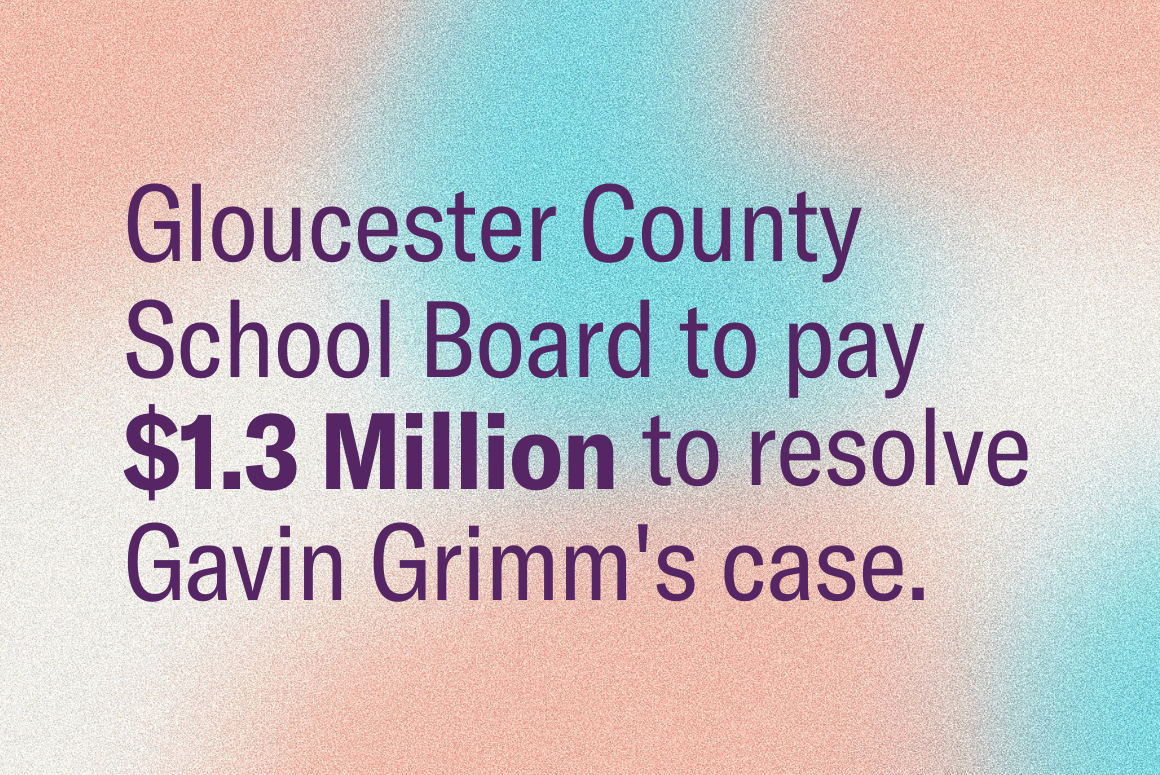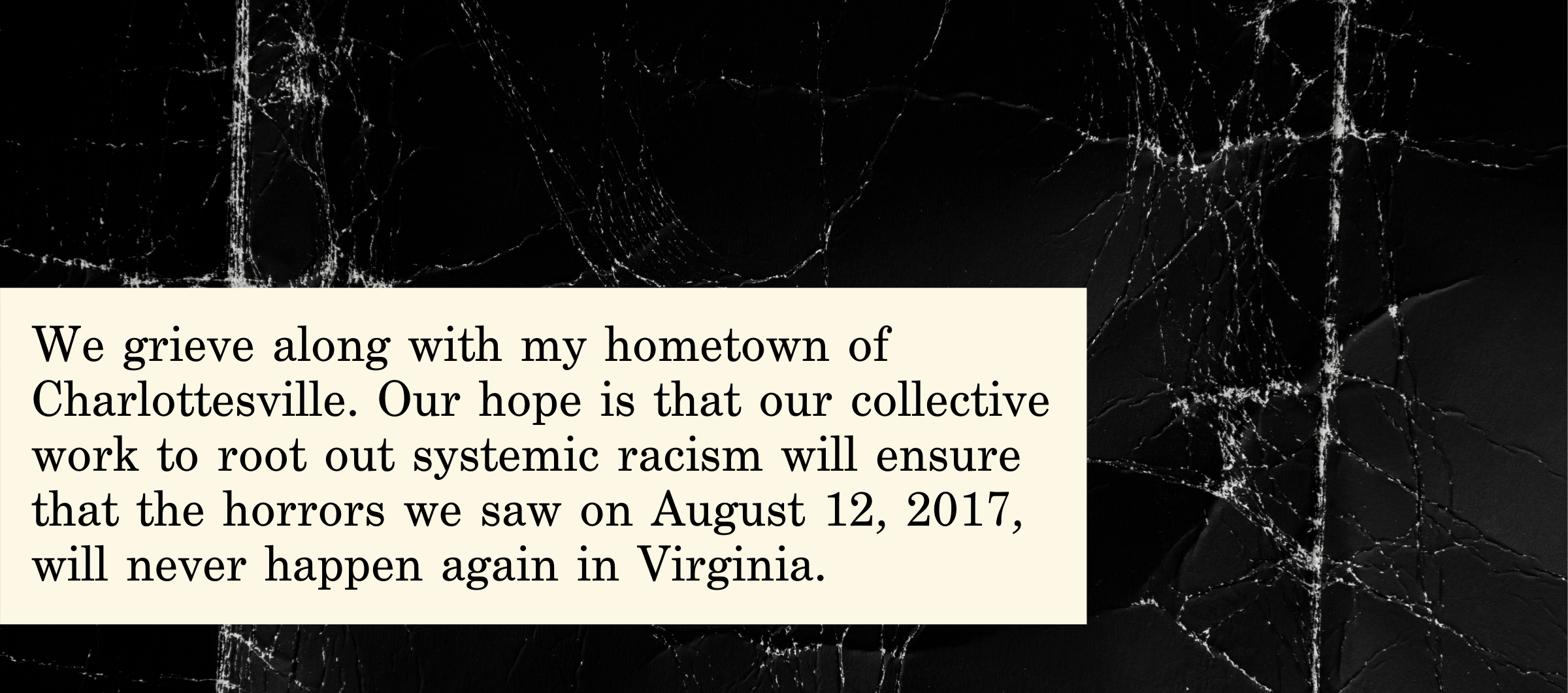It’s hard for me to talk about the state of prisons and jails in Virginia. The injustices that serve as the foundation for our carceral practices are so overwhelming and tangled that they can feel impenetrable. As the legal intake assistant for the ACLU of Virginia, I read firsthand accounts of the abuses of the carceral system. These accounts are documented in the numerous pleas for help my organization receives from people who are incarcerated every day.
The issues aren’t new. Time and time again, seasoned advocates for criminal legal reforms have brought the human rights abuses of incarceration to light only to be met with indifference and ire. Everything I have to say here has almost certainly been said before by these advocates who have been doing the work long before I found myself at the ACLU of Virginia. I hope to add my voice to the many and through my advocacy, inspire others so we all can learn together. I want to take my share of responsibility and act to push our criminal legal system to fundamentally change its skewed view of safety, human rights, and justice.
The Virginia Department of Corrections touts its "progressive agenda" and claims to be a very different institution than its previous inceptions.
The truth is that Virginia's prison system still approaches incarceration the way it always has: with cruelty.
The truth is that Virginia's prison system still approaches incarceration the way it always has: with cruelty. Most people aren’t surprised by this - our culture often plays up the cruel and unforgiving nature of incarceration. We see it on our television and movie screens. We know that jails and prisons are horrible places, but perhaps only superficially.
The popular portrayals of incarceration - jokes about dropping soap and making wine in toilets - seem to represent, and are also products of, our collective dissociation with incarceration as a concept. As with race, the realities of incarceration make us squeamish, so we have adapted our conversations around jails and prisons into a more digestible format by making light of the suffering, normalizing it, or simply not addressing it at all.
Additionally, much like with race, these strategies for making incarceration conceptually “palatable” represent privilege and are almost exclusively the tools used by those of us for whom incarceration is not a daily reality. When it comes to incarceration, the burden of knowing lies with its victims – people who we have carefully dismantled, erased, and replaced with villainous caricatures that “deserve” whatever atrocities they face at the hands of our correctional system.
Since I started working as an intake assistant, I’ve been exposed to the realities of incarceration and cannot help but face the horrifying truth of our “justice” system. Racism, violence, torture, retaliation, and general apathy for the lives of incarcerated individuals represent the approaches that jails and prisons use to victimize their populations. If you’re incarcerated and you don’t speak fluent English, have a severe medical condition, have any grievances, or are just minding your business, chances are you’re going to be on the receiving end of abuse on a regular basis. While these actions are normalized, the truth is that they are reprehensible but sadly exactly what our society’s version of criminal “justice” is designed to do.
The stories of incarcerated individuals make it clear that jails and prisons are incapable of acknowledging the civil and human rights of their populations because they are systematically designed not to see people.
And that’s the fatal flaw in our criminal legal system, the hard truth that cannot be rectified through policy changes and more funding – our prison system was built to dehumanize and punish people, not rehabilitate them. It was purposefully constructed to deny the humanity and dignity of people who are incarcerated. And it was designed to punish and entrap Black and Brown people.
We need to put people before prisons. Our justice system cannot truly be about justice until we do.
Our criminal legal system demands radical reform, and it demands it now. We must reevaluate: Who is put in prison and why? How can money that goes to prisons be better spent? What does a truly rehabilitative prison experience look like? How can we ensure accountability from the people responsible for people who are incarcerated? How can we guarantee that people who are incarcerated are treated like people?
These are all big questions, but we must ask them and ask them now – and then find solutions. But first, we must acknowledge that people in prison are not statistics and that they are deserving of respect and dignity. We need to put people before prisons. Our justice system cannot truly be about justice until we do.


